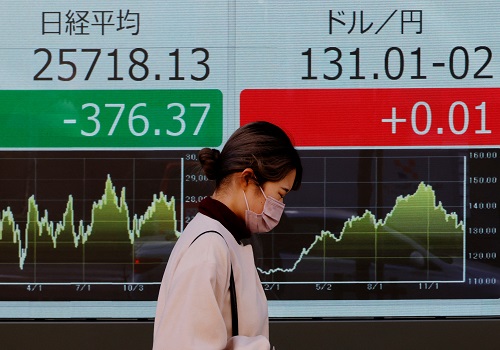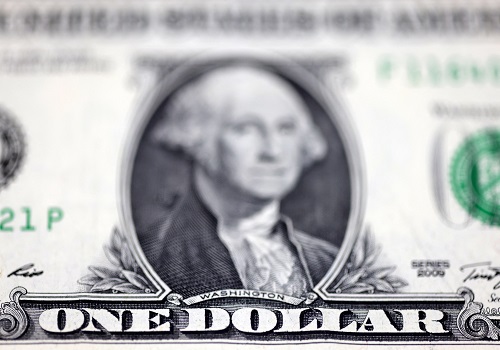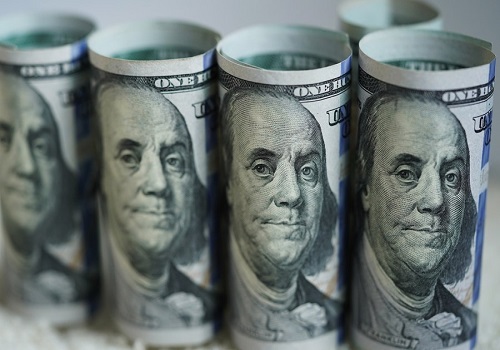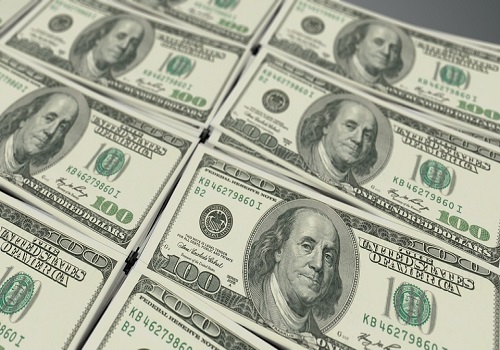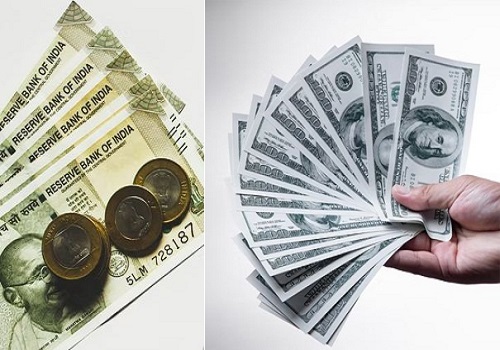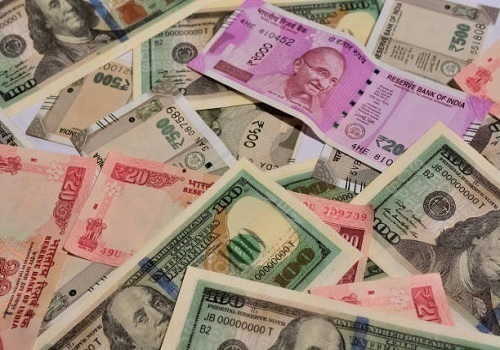Dollar headed for monthly loss; yen steady ahead of BOJ decision
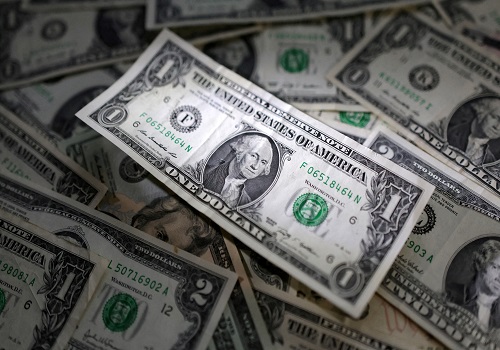
Follow us Now on Telegram ! Get daily 10 - 12 important updates on Business, Finance and Investment. Join our Telegram Channel
The U.S. dollar was on track for a second straight monthly loss on Friday on mounting expectations the Federal Reserve could soon end its aggressive rate-hike cycle, while the yen steadied near a one-week high ahead of a pivotal central bank decision.
The Bank of Japan's (BOJ) monetary policy decision on Friday takes centre stage in Asia, where expectations are for new BOJ Governor Kazuo Ueda to keep monetary settings ultra-loose at his debut policy meeting.
Focus will also be on Ueda's tone, with investors closely looking out for any tweak in forward guidance.
Ahead of the decision, the Japanese yen was roughly 0.1% higher at 133.84 per U.S. dollar, and similarly gained more than 0.1% against the British pound.
"I don't expect the BOJ to change its monetary policy this tme, but the newly-released Tokyo CPI was higher than expected ... I think this puts pressure on the BOJ, they might do something in the near future," said Tina Teng, market analyst at CMC Markets.
Core consumer prices in Japan's capital, Tokyo, rose 3.5% in April from a year earlier, government data showed on Friday, beating market forecasts in a sign of broadening inflationary pressure in the world's third-largest economy.
In the broader currency market, the U.S. dollar dipped against most major peers but its losses were capped by data pointing to still-sticky inflation in the world's largest economy, which reinforced expectations for a 25-basis-point rate hike at next week's FOMC meeting.
Against a basket of currencies, the U.S. dollar index last stood at 101.45 and was headed for a monthly loss of more than 1%, after having fallen about 2.3% in March.
Sterling slipped 0.06% to $1.2492.
Data released on Thursday showed that while U.S. economic growth slowed more than expected in the first quarter, consumer spending, which was accompanied by a rise in inflation, accelerated.
A measure of inflation in the economy, the price index for gross domestic purchases, rose at a 3.8% pace after increasing at a 3.6% rate in the fourth quarter, while the core PCE price index jumped at a 4.9% rate after advancing at a 4.4% pace in the prior quarter.
"The Fed is widely expected to hike again next week but with inflation remaining sticky, we expect the Fed to stay on hold for the remainder of the year, dashing hopes of a policy pivot in (the second half)," said analysts at Societe Generale.
Elsewhere, the euro held near a recent one-year high and last bought $1.1033. It was eyeing a monthly gain of close to 2%.
The common currency has been buoyed by expectations the European Central Bank still has more to go in raising interest rates, in contrast with a dovish repricing of its U.S. counterpart.
"Investors favour currencies that can offer both an ongoing domestic tightening cycle and still some room for a hawkish surprise at the coming meetings," said ING analysts. "In that sense, the euro is one of the very few currencies that can offer this combination at the moment."
Down Under, the Australian dollar rose 0.05% to $0.66335, while the kiwi gained 0.07% to $0.61515.












 320-x-100_uti_gold.jpg" alt="Advertisement">
320-x-100_uti_gold.jpg" alt="Advertisement">






